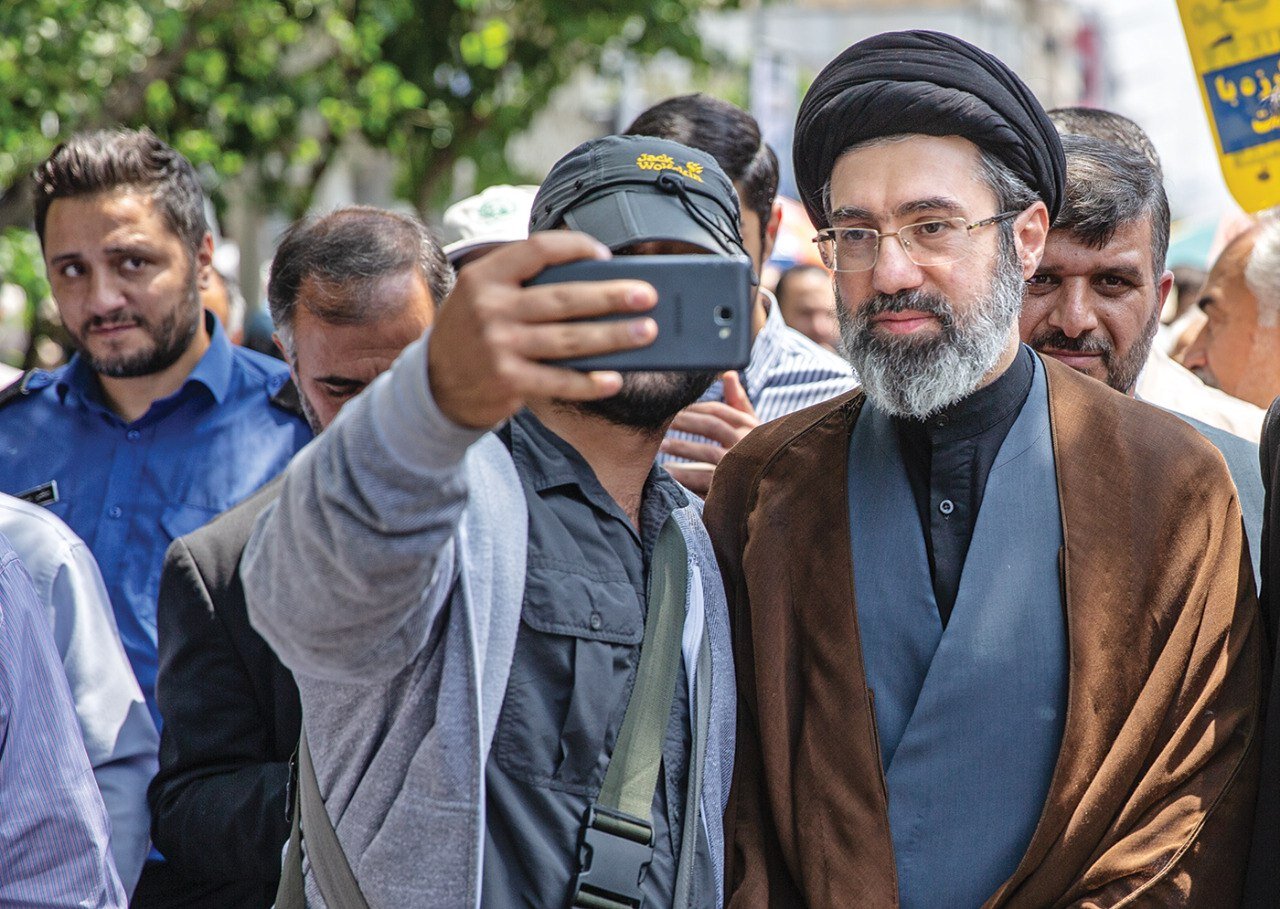By Soheila Zarfam
Washington Post becomes the latest outlet to spread blatant lies about the Leader’s son

TEHRAN – The Western media's gaze, it seems, is perpetually fixed on Iran, with a particular fascination for the country's most important official, Ayatollah Seyyed Ali Khamenei, the Leader of the Islamic Revolution.
The Washington Post published an article Friday riddled with baseless claims, including that Ayatollah Khamenei is ill and that his son, Mojtaba Khamenei, has been chosen as his successor by Iran's "clerical elders." The article's claims are easily debunked.
As evidence for its claims, the Washington Post cites another unsubstantiated article from Iran International, a notorious anti-Iran TV channel funded by Israel with a well-documented history of fabricating information about Iran and its officials. Moreover, a basic understanding of Iran's constitution reveals that the next leader is not chosen by "clerical elders" but by an assembly of figures elected by the Iranian people every eight years.
The Leader's past statements and actions also demonstrate his opposition to his children entering politics, much less succeeding him. Further supporting this, Ayatollah Mahmoud Mohammadi Araghi, a member of the Assembly of Experts, has stated that the Leader rejected a request from a number of assembly members to consider one of his sons for future leadership positions.
The Tehran Times, through its sources, has verified that Ayatollah Khamenei remains resolute in his opposition to any of his sons’ succession, and the Assembly of Experts is respecting that.
Western media’s obsession with Ayatollah Khamenei
The Washington Post's recent article is the latest in a long line of false stories about Iran's Leader published over the past two decades. In a particularly egregious example of misinformation, many Western outlets, including the New York Times, claimed in 2022 that Ayatollah Khamenei had passed away. These outlets, however, appear determined to perpetuate falsehoods, despite the repeated exposure of their lies.
But what lies beneath the surface of this constant scrutiny? Are these merely misguided journalistic endeavors, or are they, as Dr. Parviz Amini, a politics professor and political analyst, suggests, a carefully constructed narrative reflecting the underlying anxieties and strategies of Western policymakers? In an insightful conversation with the Tehran Times, Amini peeled back the layers of media discourse to reveal a complex interplay of power, perception, and political maneuvering.
"Think of it this way," Amini began, "media outlets with close ties to governments are less like neutral observers and more like strategic lenses through which you can glimpse the true thoughts and policies of those in power." In this light, the incessant coverage of Ayatollah Khamenei, focusing on his health, his inner circle, and even his potential successor, becomes far more than just news reporting. It's a meticulously crafted portrait, designed to convey a particular message.
For Amini, the obsession with Ayatollah Khamenei stems from his pivotal role in Iran's political landscape. "The Leader is an important pillar of Iran's ruling system," he explained, "He's the force that guides it through complex challenges and unifies diverse factions within the political sphere.” In this way, the Leader is not just a figurehead, but rather a symbol of Iran's resistance to external pressures, and a challenge to the existing world order.
Amini argues that the West has recognized Ayatollah Khamenei as a major obstacle to their agenda. "They understand that he’s a bulwark against their plans," he stated, "and that's why they relentlessly seek to disparage him, hoping to weaken his position within the country." This campaign, Amini believes, isn't just about one person but about dismantling the very structure that has allowed Iran to withstand international pressure.
This theory extends to the Western media’s frequent focus on the Leader's son, often falsely claiming he is the heir apparent. Amini sees this as a calculated effort to sow discord and undermine Iran’s democratic succession process. "It's another jab at Iran's political system," he emphasized. "While our constitution clearly outlines that the next leader is selected by the Assembly of Experts, a process demonstrated in 1989 after Imam Khomeini's passing, the West continues to peddle this narrative of a dynastic succession." The goal, he posits, is to discredit the legitimacy of Iran's institutions, fostering an image of an undemocratic state.

No comments:
Post a Comment